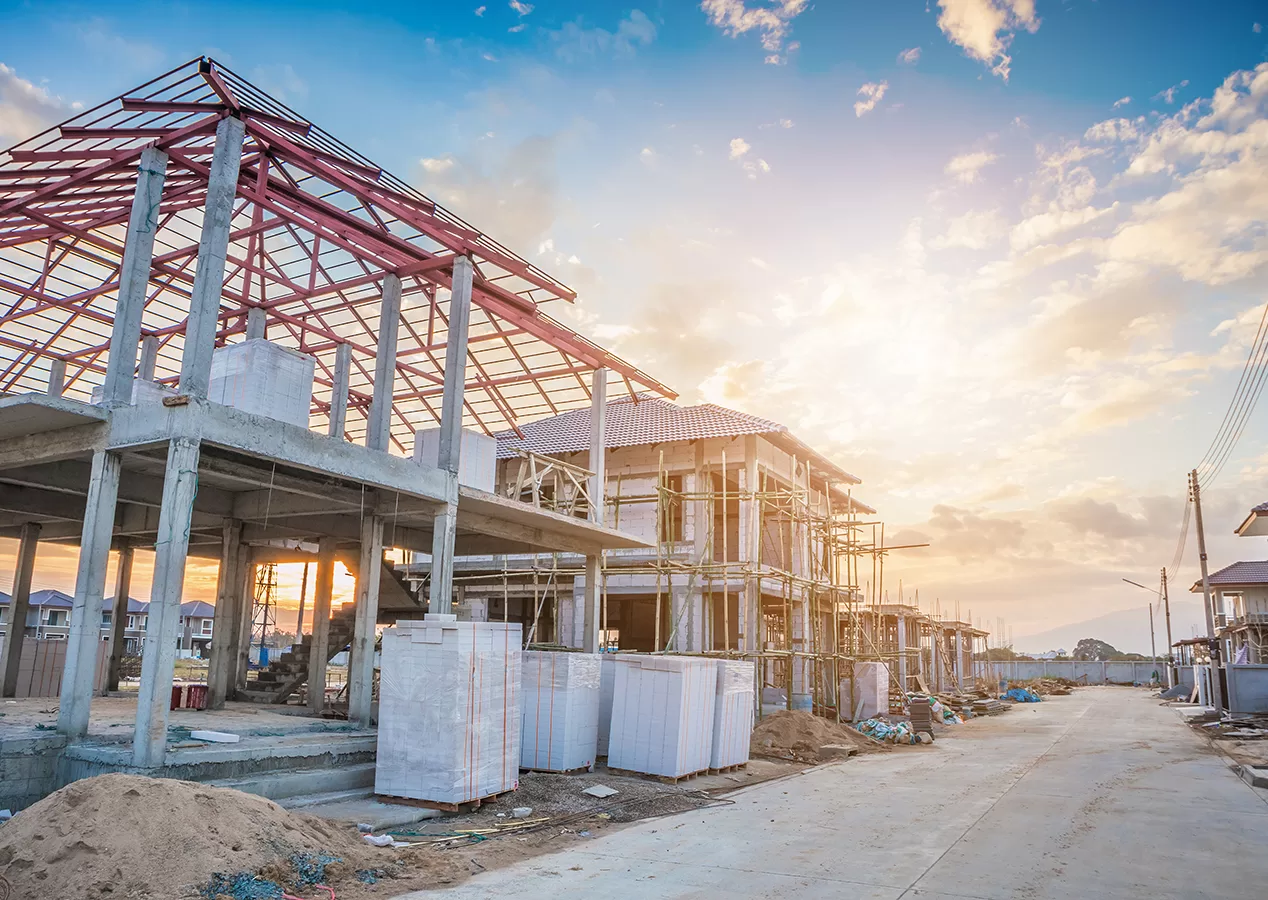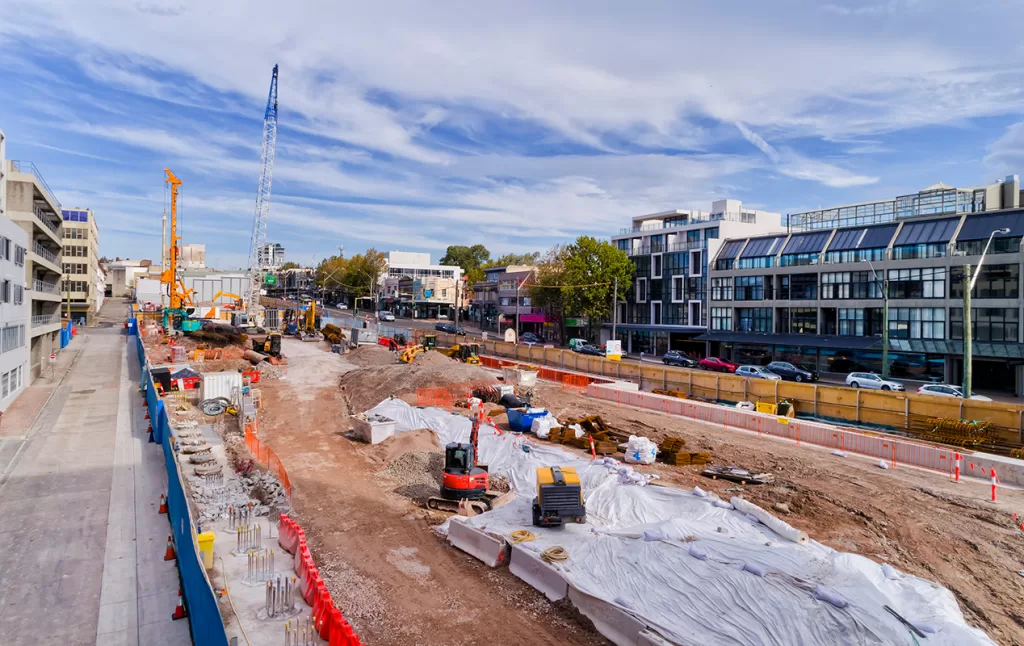



At first glance, the differences between commercial and residential construction are obvious: use and scale. Residential buildings house people, while commercial buildings house businesses and other types of organizations. In terms of scale, commercial projects generally are larger and more complex and require a great project management. But there are other key differences between these two types of construction, among them costs, materials, and timelines.
Residential construction creates buildings, such as houses and multi-family dwellings, where people live. Commercial construction creates buildings used for commercial purposes, such as retail stores and corporate offices.
Some residential properties, such as apartment complexes, are classified as commercial properties because the living space is leased to individuals and families through a rental business.
A typical residential property is designed for short-term or long-term habitation by an individual or a family or group of people.
Commercial construction varies depending on the type of business or organization that will occupy the building.
A third type of construction, industrial, involves manufacturing plants, warehouses, cold storage buildings, distribution centers, research and development buildings, data centers and flex buildings, among others.
Infrastructure is the fourth type of construction, and it is responsible for building bridges, highways, tunnels, telecommunications and power grids, water and waste management facilities, railways, airports, sports arenas and playgrounds, and other structures.
Read also: Build socially responsible projects with a community-engaged construction company
Commercial sites tend to be much larger than residential sites and are typically located in commercial zones. The difference in site and location affect the construction process.
For example, because houses are close to each other, residential builders must ensure that their activities, equipment and workers don’t disturb neighbors outside of reasonable inconveniences. As a result, their work hours tend to be more limited than those of commercial builders.
Commercial projects located in commercial corridors usually involve more preparation and lengthy environmental impact reviews and site selection processes. Commercial construction activities usually can begin earlier and end later in the day than residential construction activities. The risk of theft is higher in commercial projects, so they require more elaborate security systems.


Commercial and residential construction use some of the same construction materials, but there are notable differences. For instance, residential projects are more likely to use timber frames, while commercial projects typically use steel or concrete frames. Quantities vary greatly, with commercial construction requiring significantly more cement, steel, glass, metal rebar, scaffolding, wiring, etc., as well as specialists who know how to source and use these materials.
Commercial construction is significantly more expensive than residential construction. The higher costs stem from differences in project scope, construction materials and equipment, building codes and permits, labor and transportation requirements, tighter schedules, and HVAC, electrical and plumbing systems.
Commercial projects tend to be funded by property owners, developers, corporations and government agencies via cash, loans and incentives. Residential construction usually is paid by homeowners using cash and/or bank loans. Some residential projects are funded by government agencies and nonprofit organizations, such as low-income housing.
Commercial construction must comply with stricter and more complex building codes and permits than residential construction. These regulations deal with building materials, size, design, electrical and plumbing systems, handicap accessibility, elevators, parking lots and construction methods.
Depending on scope, commercial projects typically take less time to be completed than residential properties. Tighter schedules make the projects more cost-effective for investors and allow business activities to begin as soon as possible.
The scale of most commercial projects calls for specialized equipment and heavy machinery, including earthmovers and cranes. Few residential projects require this kind of machinery. In addition, different construction materials require different equipment.
There’s more room for creativity and customization in residential construction versus commercial construction, both before and during construction. On average, homeowners have more control over how their properties are built than commercial project owners.
The size and complexity of commercial projects usually requires construction workers, equipment operators and project managers with higher skills than residential construction workers.
Read also: The top 8 qualities to look for when hiring a construction company
The construction firm you choose to handle your project should be an expert in the type of construction your project needs. It should also be a reputable company with a reliable track record.
At CIC Construction Group, we have 40 years of experience in residential, commercial and industrial construction and a long list of satisfied customers, many of whom have trusted us multiple times to complete their projects. For more information or to discuss your project and how we can exceed your expectations, contact us today.